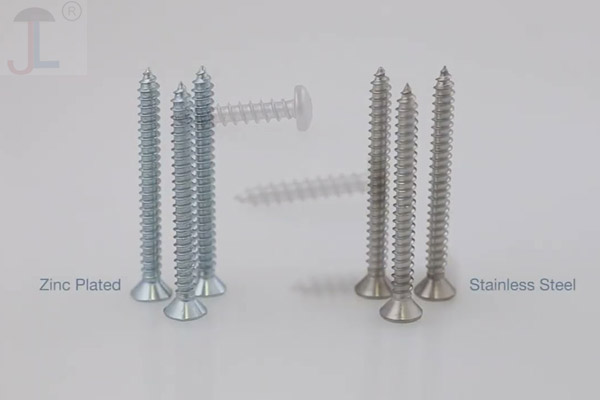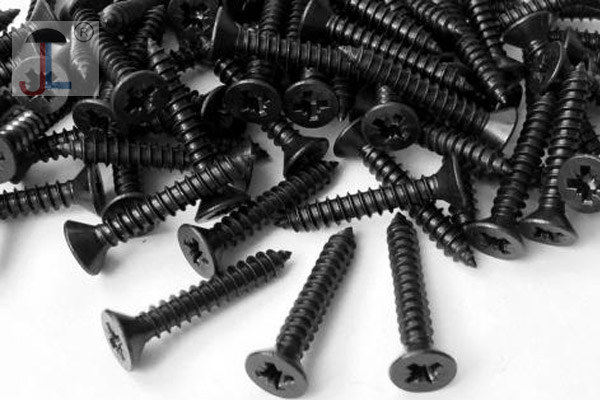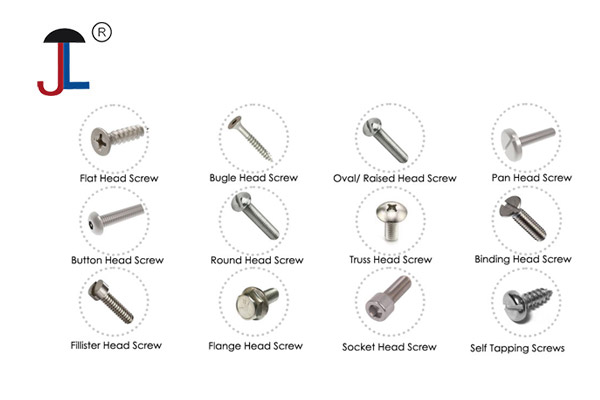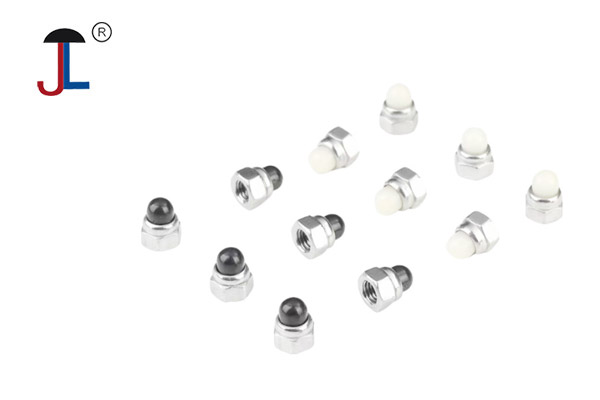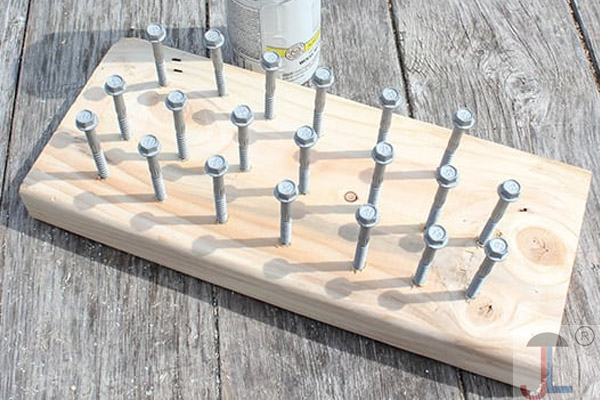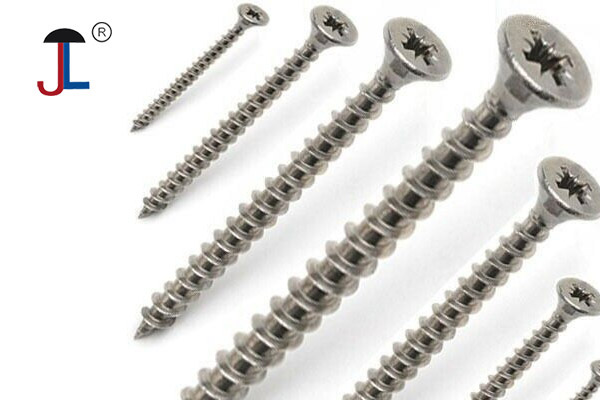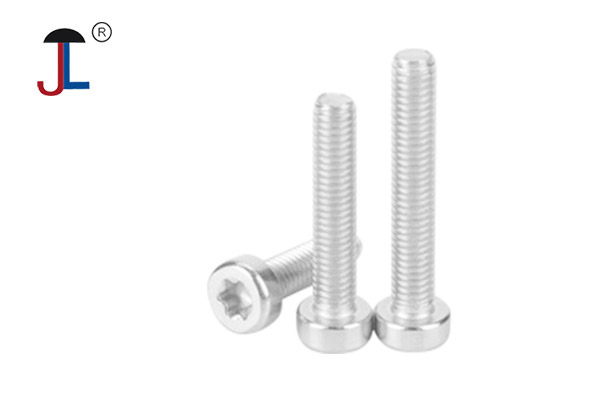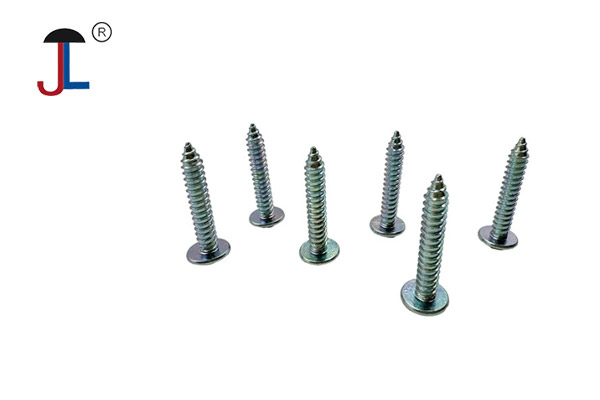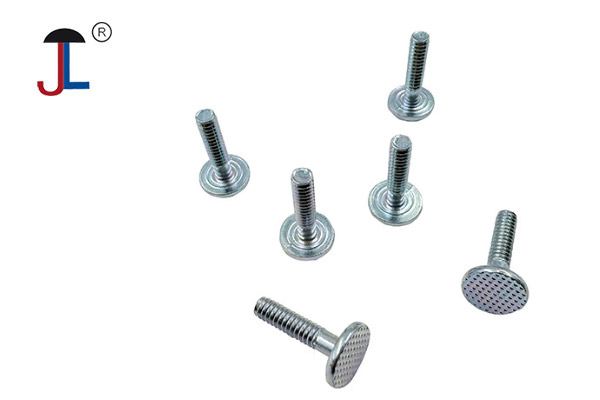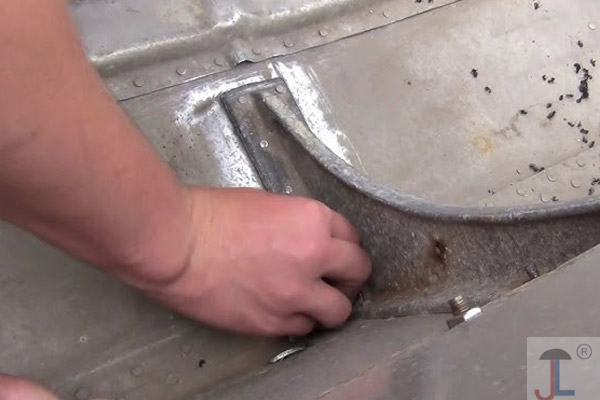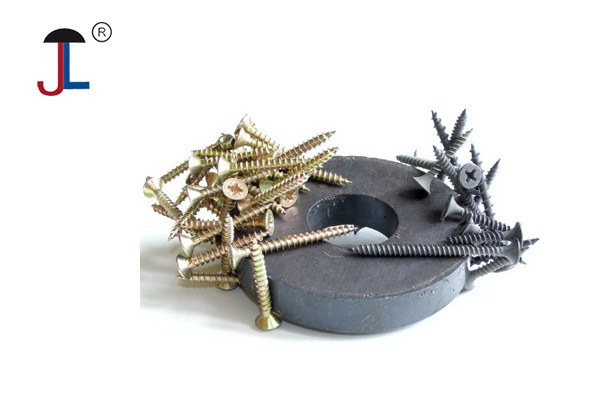
It depends on the grade of stainless steel you’re using:
-
Austenitic grades (300‑series, e.g. 304, 316)
-
Chemically non‑magnetic in the annealed (soft) condition.
-
Common for screws (often sold as “18‑8” stainless).
-
However, cold‑working (thread‑rolling, bending) can introduce a small amount of martensite, so a magnet may “stick,” albeit weakly.
-
-
Ferritic grades (400‑series, e.g. 430)
-
Always magnetic.
-
Less corrosion‑resistant than austenitics; less common for general‑purpose screws.
-
-
Martensitic grades (also 400‑series, e.g. 410, 420)
-
Hardenable by heat treatment; magnetic in both annealed and hardened conditions.
-
Often used where higher strength is needed (e.g. security or cut‑resistant screws).
-

